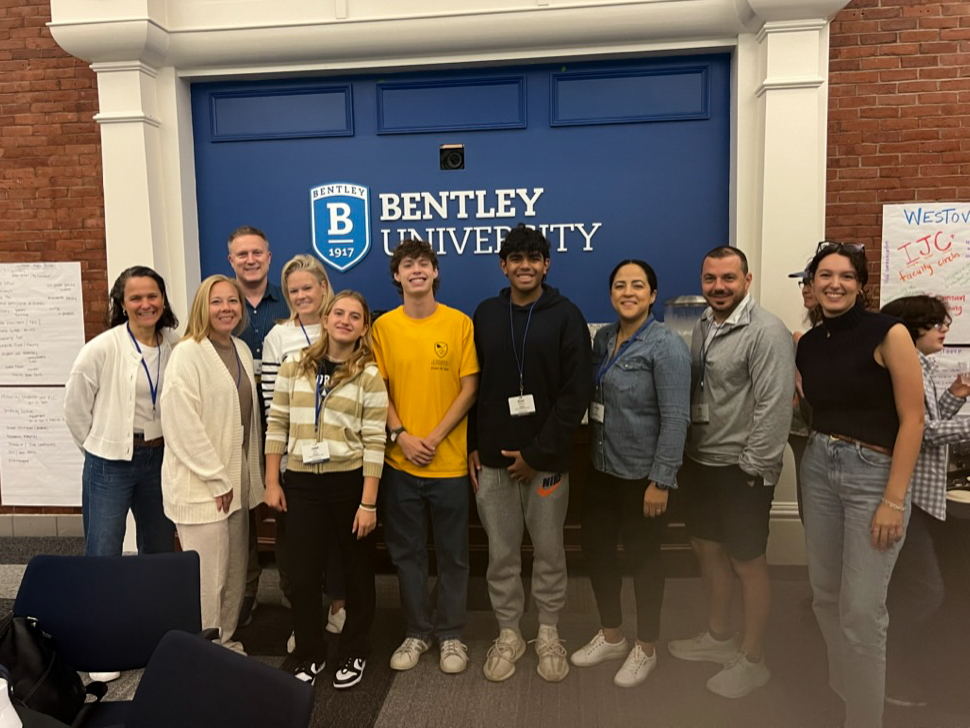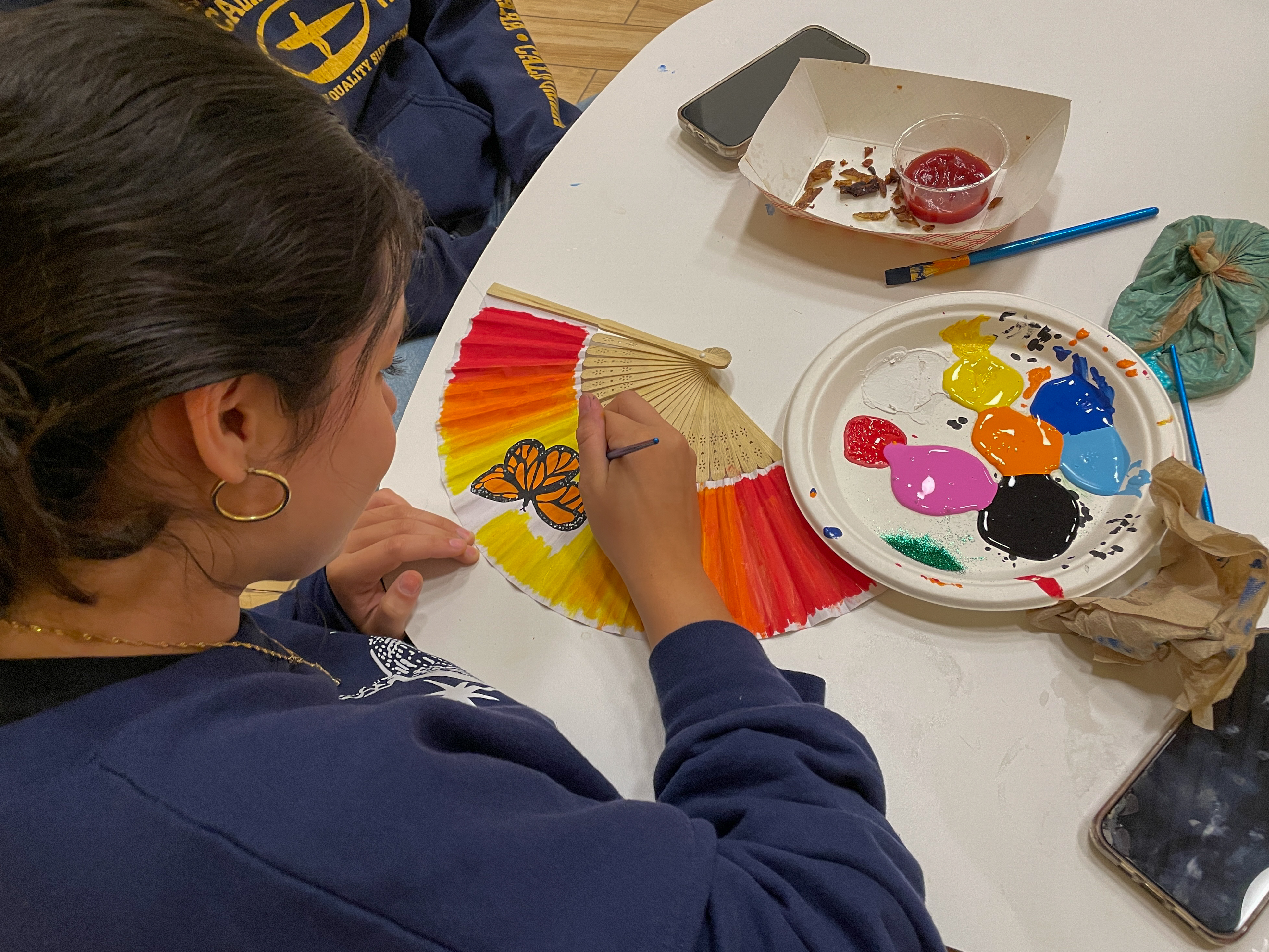Students Advocating for Gender Equality (SAGÉ) has recently created a ten-student subcommittee aiming to foster a community more informed about consent and sexual intimacy on campus. The committee plans to collaborate with the administration to write official policies and procedures with more positive language. Over the past two weeks, the committee has drafted a formal proposal with four main sections – handbook language, health care, consent education, and visitation. Each section identifies an issue with current school policy and offers a potential solution.
The SAGÉ subcommittee consists of nine students representing different facets of the community. SAGÉ President Antigone Ntagkounakis ’17 and Vice-President Blair Cox ’17 are leaders of the committee; Pascale Huntsinger ’17, Lily James ’17, Amira Nazer ’17, Jack O’Donnell ’17, Zach Mothner ’18, Libby Wilson ’18, and Angie Zhao ’19 are the other members.
The subcommittee started by articulating its goals and values with a Constitution. According to Ntagkounakis, “When we ideally create a joint task force with the administration, if an individual committee member goes to an administrative meeting or to meet with a specific teacher or dean, they are representing the values of the SAGÉ constitution instead of their own individual thought. This will avoid bringing biased opinions into the administration’s policy changes.”
In addition, members would also like to revise the visitation policy. The committee has proposed a graduated visitation system with different visitation rules per grade. A pilot run of some of the proposed visitation changes may run during the spring for the senior class. Students also hope to change the language on sexual intimacy in the handbook to reflect a more neutral stance on the issue.
SAGÉ created the subcommittee in response to the mandatory meeting regarding consent earlier this fall. SAGÉ had held a meeting afterwards to reflect, and many students had strong opinions about how the school approached consent and sex education. Ntagkounakis noted, “Some people felt patronized, some felt uninformed, and others felt like they weren’t getting enough real life examples. We had a wide array of opinions, and it was really interesting to hear all of them in a student-only space.”
Ms. Aliya Cox, the faculty adviser to SAGÉ, suggested that the organization make a subcommittee to start acting on many of the opinions shared at that discussion. At the next meeting, Ntagkounakis and Cox proposed the creation of a subcommittee and later sent out an email calling for interested students. They received an overwhelming response, then narrowed down the students to a group of nine that would represent different grades, experiences, and genders.
Once the committee had been fully formed, members formally met three times over the course of two weeks to work on the proposal. Different sections of the proposal were delegated to different committee members, and the groups were responsible for doing their own research, reaching out to administration members if they had questions, and drafting realistic solutions to the problems they brought up. Afterward, the whole subcommittee met to review and edit the proposal together.
Ntagkounakis also met with Mr. Will Morris, Director of Residential Life, to discuss the proposal and understand the administration’s stance. Following the meeting, Ntagkounakis remarked, “He provided some insight on the faculty perspective and what he thought was realistic in terms of how to implement our ideal goals.”
Mr. Morris commented, “In large part, what I was doing was just offering the school’s perspective and insight into some of the thinking that went into the creation of some of the policies.”
He continued, “I’m very excited about the work the students are doing because it reflects both a good understanding of the school, of the students’ experience, and of how things could be structured better to create a more successful, positive, and better supported experience.”
On whether she thinks the subcommittee will be able to accomplish its goals eventually, Ntagkounakis said, “I hope so. Maybe not in the immediate future, but I think in the upcoming years with the School’s progress right now, and the administration’s bravery in bringing a lot of these issues to campus, they will be. If the school maintains such an outlook, I think it’s definitely possible we can see some of these goals incorporated in the near future.”




